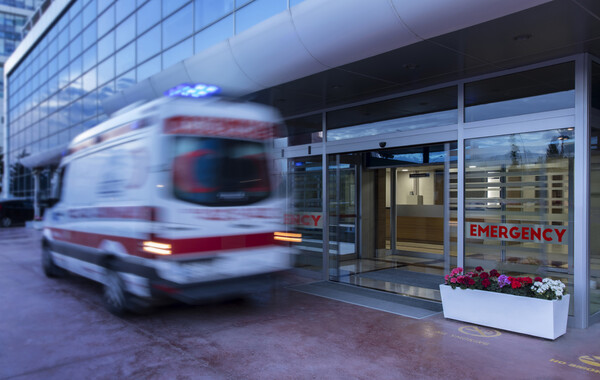What was supposed to be a day of relaxation may become a crisis point for hospitals across Korea
Some may look forward to the newly declared Armed Forces Day holiday on Oct. 1 but hospitals are bracing for impact. The government’s last-minute decision to make the day a temporary holiday, announced only a month in advance, is causing frustration in the medical service sector, which must maintain normal operations.

Many hospitals had booked appointments weeks in advance and are now scrambling to accommodate patients while managing the unexpected financial strain. With no option to reschedule, they are forced to remain staffed, paying workers 1.5 times their usual wages—a blow to an already overstretched system.
The discontent is particularly strong as the government has already mandated that clinics remain open during the upcoming Chuseok holiday from Sept. 16 to 18 to prevent a breakdown in emergency care.
Prime Minister Han Duck-soo defended the decision in a cabinet meeting on Tuesday, saying the temporary holiday is intended to “heighten public awareness of national security and honor the sacrifices of the military.”
In preparation for the Chuseok holiday, Han also declared a two-week “holiday emergency response period” starting next Wednesday. More than 4,000 on-call clinics and hospitals will be operational, and the government will boost emergency room consultation fees and other support measures to ensure continuity of care, he said.
Han urged relevant ministries to work closely with local governments to ensure these emergency measures are fully implemented so the public "feels the benefits without any disruption" this holiday.
However, public confidence is already shaken. News broke on Tuesday that a 28-month-old girl has been in a coma for over a month after being turned away by 11 emergency rooms. This case has brought new attention to the growing issue of urgent patients finding it extremely hard to be sent to available hospitals.
From February to August this year, calls to 119 dispatch centers to locate hospitals have more than doubled compared to the same period last year.
The recent resignation of resident doctors at university hospitals has added even more pressure on secondary hospitals, exacerbating the strain on emergency rooms. Overwhelmed by the shortage of staff, hospitals are reporting longer wait times and an increase in patient transfers between facilities.
With the Chuseok holiday approaching, concerns are growing over how hospitals will manage the expected surge in emergency cases.
Related articles
- Main opposition party urges Yoon administration to ‘admit policy failure’
- Premier Han blames resigned trainee doctors for medical turmoil
- Government denies imminent collapse of emergency medical care ahead of Chuseok
- Presidential office reaffirms stance on medical school admissions increase, rejects ruling party’s proposal for 1-year delay
- Healthcare crisis threatens Yoon administration as medical workforce shortage escalates amid policy backlash
- Military doctors reject emergency room duty amid healthcare crisis
- Drug-related disciplinary actions in military triple in 3 years

